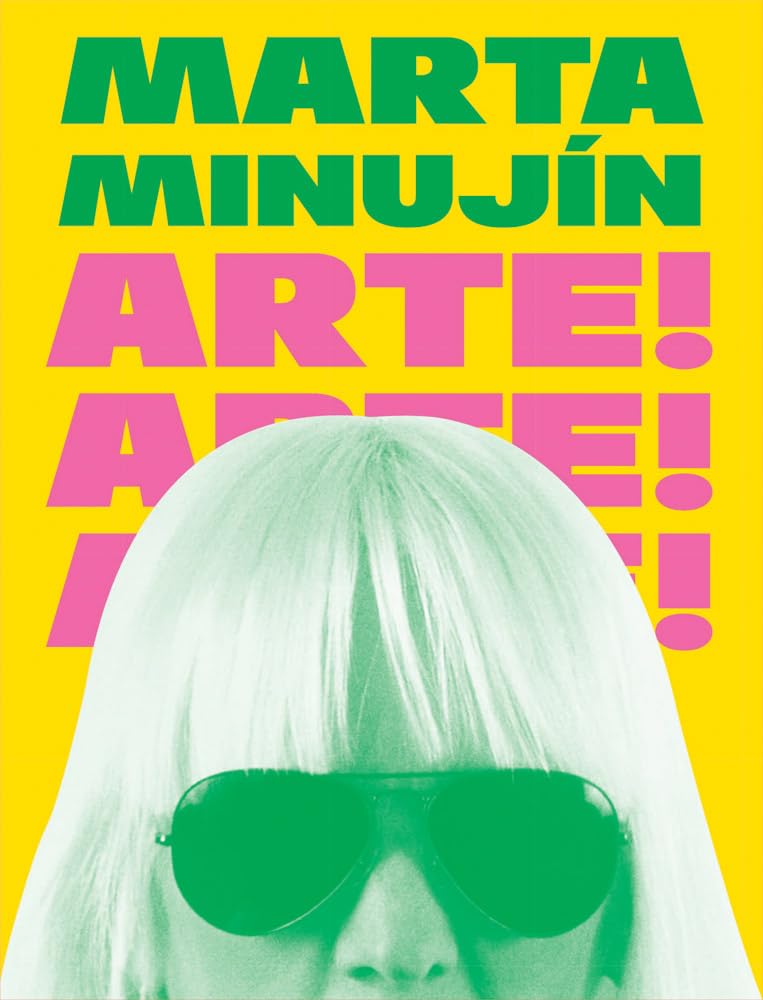
Categorii: Necatalogate, Neclasificat
Limba: Engleza
Data publicării: 2023
Editura: Skira
Tip copertă: Paperback
Nr Pag: 240
ISBN: 9788857250083
Dimensiuni: l: 24.3cm | H: 32cm | 2.7cm | 1650g

The monograph presents two hundred paintings, sculptures and works on paper, as well as performance documentation and multimedia works.
This handsome volume is published on the occasion of the exhibition organized by the Jewish Museum, New York, on the work and historical context of the Argentinian artist Marta Minujìn (b. 1943), a central figure in the Latin American avant-garde. This heavily illustrated, beautifully designed monograph provides a overview of her career, traces intersections with American, European and Latin American developments in postwar art, and explores her contemporary relevance to the next generation of artists.
This publication includes a major critical essay, "Arte! Arte! Arte! The Immersive World of Marta Minujìn," by Darsie Alexander, chief curator at the Jewish Museum, surveying Minujìn's art, practice, and influence; a second essay, "Rise Up and Live!", by the Argentinian journalist and curator Rodrigo Alonso, places Minujìn in the political and historical context of Argentina in the years from the dictatorship of Juan Perón to the restoration of democracy and after. The book concludes with an interview with Minujìn, "Art Protects Me," focusing on the artworks she created during the Covid pandemic of 2020-21.
The volume is illustrated extensively throughout with Minujìn's artworks, her performance pieces and happenings, large-scale public works, and images of her at work. Initially positioned as Argentina's "answer to Pop art," Marta Minujìn remains a genre-defying artist who has produced some of the most experimental work of her generation. Extraordinarily versatile, Minujìn's career has traversed major developments in postwar art while maintaining a singular vision and aesthetic. Actively involved in happenings and live events in the early 1960s and heir to an era of experimentation among artists in Argentina, Minujìn quickly garnered the attention of an international cadre of artists and critics. As Minujìn lived through military dictatorships in her home country, her work became more socially engaged after the transition to democracy in 1983, igniting a new phase of large-scale public works; the famed Parthenon of Books (1983) was recreated to critical acclaim at Documenta 14 (2017).